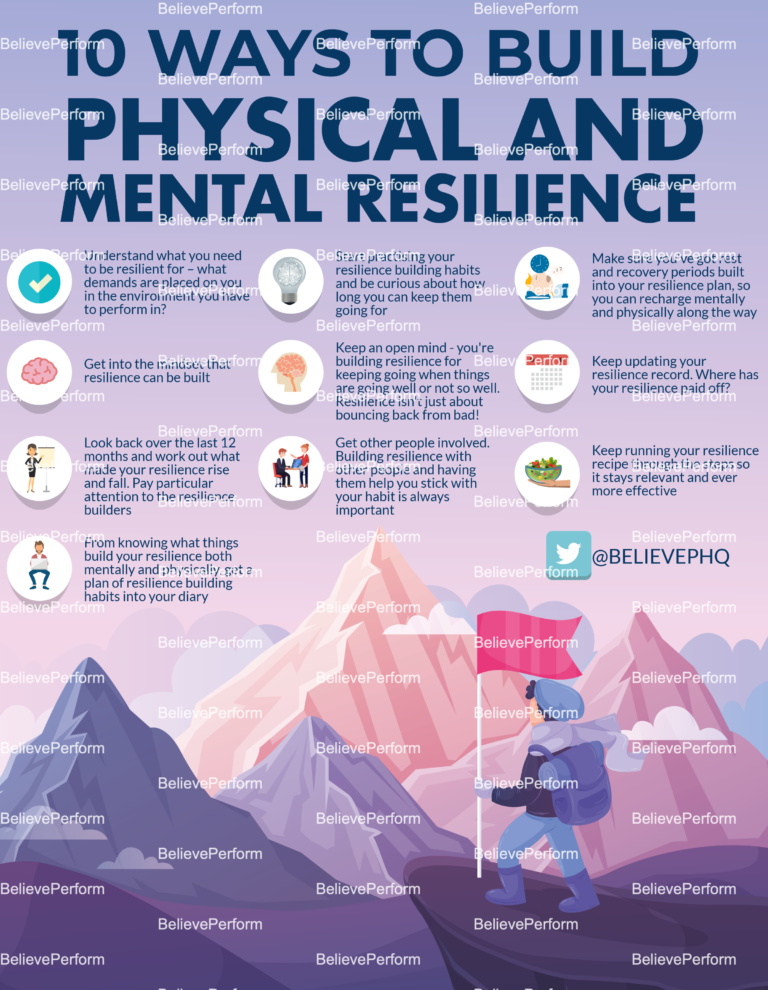Resilience & Mental Health: Building Strength, Not Bitterness

Table of Contents
Understanding Resilience and its Impact on Mental Health
Defining Resilience
Resilience is the ability to bounce back from adversity, adapt to change, and overcome challenges. It's the capacity to withstand stress, trauma, and hardship, emerging stronger and more capable on the other side. Building resilience isn't about avoiding difficulties—it's about developing the skills and mindset to navigate them effectively. It's about finding strength in the face of weakness and learning from setbacks. This psychological resilience allows you to cope effectively with difficult life transitions and maintain your overall mental health.
The Link Between Resilience and Mental Well-being
The connection between resilience and mental well-being is undeniable. Strong resilience acts as a powerful buffer against the negative impacts of stress, anxiety, and depression. Resilient individuals are better equipped to cope with trauma, bouncing back from setbacks with greater ease and speed. They possess a higher sense of self-efficacy, believing in their ability to overcome obstacles.
- Resilience reduces the risk of mental health issues. By developing coping mechanisms and a positive outlook, you can significantly lower your vulnerability to anxiety, depression, and other mental health challenges.
- Resilience improves coping skills and problem-solving abilities. Facing challenges builds your ability to identify problems, develop solutions, and implement strategies effectively.
- Resilience promotes a sense of self-efficacy and control. Believing in your capacity to overcome difficulties fosters a sense of empowerment and control over your life.
- Resilience fosters positive mental attitudes and emotional regulation. Resilient individuals tend to have a more optimistic outlook and are better able to manage their emotions effectively. They understand emotional resilience and practice it to help in difficult situations.
Practical Strategies for Building Resilience
Cultivating a Growth Mindset
A growth mindset is crucial for building resilience. This involves viewing challenges not as failures, but as opportunities for learning and growth. Instead of dwelling on setbacks, focus on what you can learn from them, and use these experiences to fuel your growth and development. Embrace mistakes as stepping stones to success.
Developing Strong Social Support Networks
Strong social connections are a lifeline during challenging times. Surrounding yourself with supportive friends, family, and mentors provides a crucial buffer against stress and adversity. These individuals can offer emotional support, practical assistance, and a sense of belonging. Nurturing these relationships is an investment in your long-term mental well-being.
Practicing Self-Care
Self-care isn't selfish; it's essential for building resilience. Prioritizing your physical and mental health equips you to better handle stress. This includes:
- Engage in regular physical activity: Exercise releases endorphins, reducing stress and boosting mood.
- Prioritize sufficient sleep: Adequate sleep is crucial for cognitive function, emotional regulation, and overall well-being.
- Practice mindfulness and meditation: These techniques can help you manage stress, increase self-awareness, and cultivate a sense of calm.
- Maintain a healthy diet: Nourishing your body with wholesome foods provides the energy and nutrients you need to cope with challenges.
- Connect with supportive friends and family: Spending time with loved ones provides emotional support and a sense of belonging.
- Engage in enjoyable activities: Make time for hobbies and activities that bring you joy and relaxation.
Building Coping Mechanisms
Developing healthy coping mechanisms is vital for managing stress and negative emotions. Techniques include:
- Deep breathing exercises: Slow, deep breaths can calm your nervous system and reduce feelings of anxiety.
- Progressive muscle relaxation: This technique involves systematically tensing and releasing different muscle groups to reduce physical tension and promote relaxation.
- Cognitive restructuring: This involves identifying and challenging negative thought patterns, replacing them with more realistic and positive ones.
Overcoming Adversity: Case Studies and Examples
Consider the story of Malala Yousafzai, who despite facing immense adversity for advocating for girls' education, persevered and became a Nobel Peace Prize laureate. Her resilience is a testament to the power of determination and belief in one's cause. Similarly, countless individuals demonstrate resilience daily—surviving illness, overcoming financial hardship, or navigating personal loss. These examples highlight the diverse ways resilience manifests and the strength it provides. The key is to learn from these experiences, adapting the strategies mentioned to your own circumstances.
Recognizing the Signs of Low Resilience & Seeking Support
Identifying Warning Signs
Persistent feelings of overwhelm, hopelessness, or exhaustion might indicate low resilience. Other warning signs include:
- Persistent feelings of sadness or hopelessness.
- Difficulty concentrating or making decisions.
- Changes in sleep or appetite.
- Withdrawal from social activities.
- Increased irritability or anger.
- Feeling constantly stressed or overwhelmed.
Seeking Professional Help
Seeking support from a mental health professional is a sign of strength, not weakness. Therapists, counselors, and support groups can provide valuable guidance, tools, and support to help you build resilience and navigate difficult times. Don't hesitate to reach out – your mental health is paramount.
Conclusion
Building resilience is a journey, not a destination. By cultivating a growth mindset, fostering strong social connections, practicing self-care, and developing healthy coping mechanisms, you can significantly enhance your ability to navigate life's challenges and build strong mental health. Remember, resilience is not about avoiding hardship, but about developing the inner strength to overcome it. Start building your resilience today! Invest in your mental well-being. Take the first step towards stronger mental health by incorporating these strategies into your life. Learn more about building resilience and discover the power of resilience within yourself. Your journey to a more resilient and fulfilling life starts now.

Featured Posts
-
 Nyt Mini Crossword Solutions And Hints April 26 2025
May 20, 2025
Nyt Mini Crossword Solutions And Hints April 26 2025
May 20, 2025 -
 Kaellman Ja Hoskonen Loppu Puolassa Mikae Seuraavaksi
May 20, 2025
Kaellman Ja Hoskonen Loppu Puolassa Mikae Seuraavaksi
May 20, 2025 -
 Eurovision 2025 Ranking The Finalists From Best To Worst
May 20, 2025
Eurovision 2025 Ranking The Finalists From Best To Worst
May 20, 2025 -
 Investigation Into Toxic Chemical Persistence After Ohio Train Derailment
May 20, 2025
Investigation Into Toxic Chemical Persistence After Ohio Train Derailment
May 20, 2025 -
 Private Letters Expose Agatha Christie Family Dispute Over A Pivotal Work
May 20, 2025
Private Letters Expose Agatha Christie Family Dispute Over A Pivotal Work
May 20, 2025
